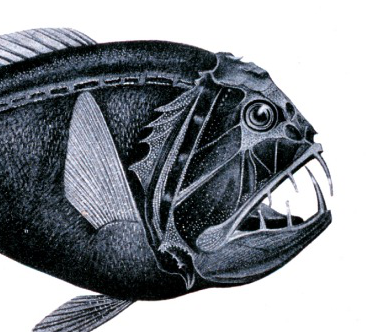Biology Coastal Management Ecology Fisheries Human impacts Policy Pollution
The Ghastly Impacts of Ghost Fishing Gear
Derelict fishing traps, or DFTs, are abandoned traps that may still be actively capturing marine organisms, in a phenomenon known…
